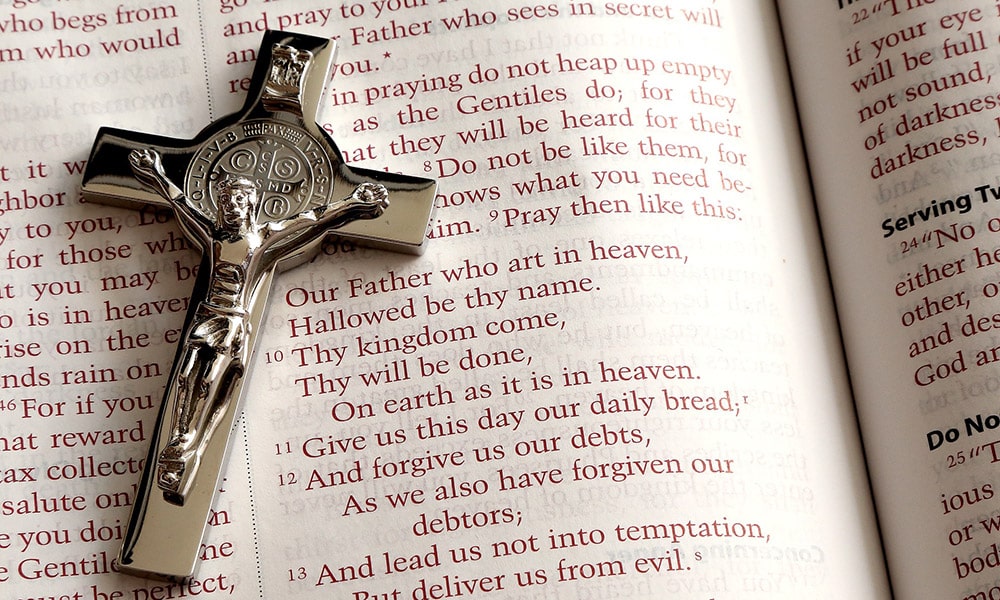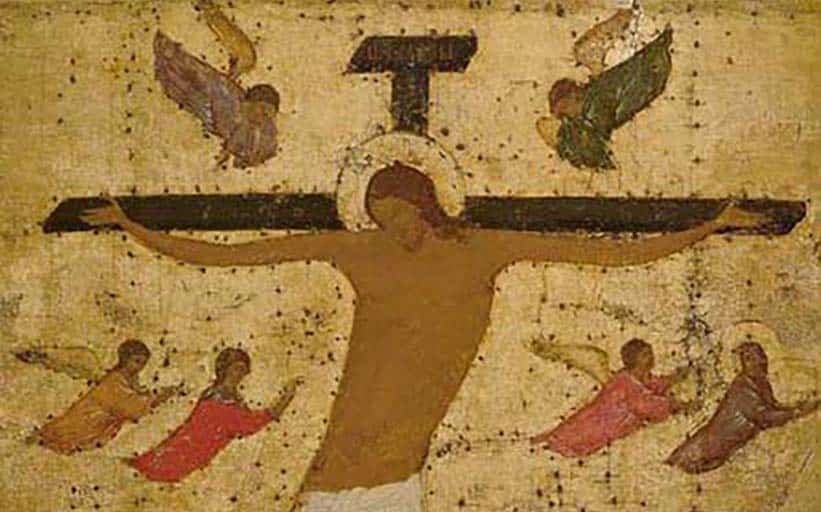 Laura Ingalls Wilder is the New Invisible. She has been retro-excommunicated.
Laura Ingalls Wilder is the New Invisible. She has been retro-excommunicated.
Wilder authored a series of stories about growing up in the Dakota Territory in the 19th century. The “Little House on the Prairie” stories have entertained generations. The television show based on her stuff was hugely popular from 1974-83 and in reruns ever since.
Wilder died in 1957 at 90. Since 1954, an award named after her from the Association for Library Service to Children is presented to those who have made “significant and lasting contributions to children’s literature.”
The Association recently decided, however, that there were elements in some of her stories that contained “anti-Native and anti-Black sentiments.” So Wilder’s name has been stripped off the award. She’s banished to the New Invisible, the modern limbo for those writers from the past forbidden from the present for sinful expressions they didn’t know were sins in their day.
I appreciate fun writing. I’m not comparing it to the richness of the great books. I’m talking about “Subterranean Homesick Blues” where Bob Dylan wrote, “The pump don’t work / ‘Cause the vandals took the handles.”
One of my favorite bits of fun writing has to be Meredith Wilson in “The Music Man.” In the musical, Harold Hill fleeces River City, Iowa, promising music training in exchange for parents buying instruments and uniforms from him. He can’t teach a note and plans to skip town after getting their money. But he falls in love. Cue the marching band.
The song “Ya Got Trouble” is his rousing dystopian warning to the citizenry about the dangers of a pool table in town and the need for a boys’ band to distract them from its temptations:
“And all week long your River City / Youth’ll be fritterin’ away / … / Fritterin’ away their noontime, suppertime, choretime too! / Get the ball in the pocket, / Never mind gittin’ dandelions pulled / Or the screen door patched or the beefsteak pounded. / Never mind pumpin’ any water / ‘Til your parents are caught with the cistern empty / On a Saturday night and that’s trouble. / Oh, yes we got lots and lots a’ trouble.”
Great stuff. But in looking up the lyrics, something else jumped out: “Libertine men and Scarlet women! / And Ragtime, shameless music / That’ll grab your son and your daughter / With the arms of a jungle animal instinct!”
“Jungle animal instinct.” Racist? Not intended at the time but can certainly be interpreted that way now. Should “The Music Man” and Meredith Wilson be banished to the New Invisible along with Laura Ingalls Wilder and “Little House”?
I don’t take another’s offense lightly. I’ve spent a portion of my life calling out fat cats that consider anti-Catholicism progressive thinking. But that’s a different issue than arbitrarily consigning to limbo works from our collective literary heritage.
In 1620, the Puritans landed at Plymouth steeped in the anti-Catholic culture that was fundamental to their religious expression. Gov. William Bradford’s eyewitness history “Of Plymouth Plantation” managed in the first sentence to write of “the gross darkness of popery which had covered and overspread the Christian world.”
Send “Of Plymouth Plantation” and Bradford to the New Invisible? No. It is a seminal work of U.S. history. His anti-Catholicism is part of that. A good teacher — and a good librarian — would know how to point that out without banning anything.
We need to be careful white-washing art that rubs out color from life. Like Laura Ingalls Wilder. Before you know it, we won’t let the vandals steal the handles.






